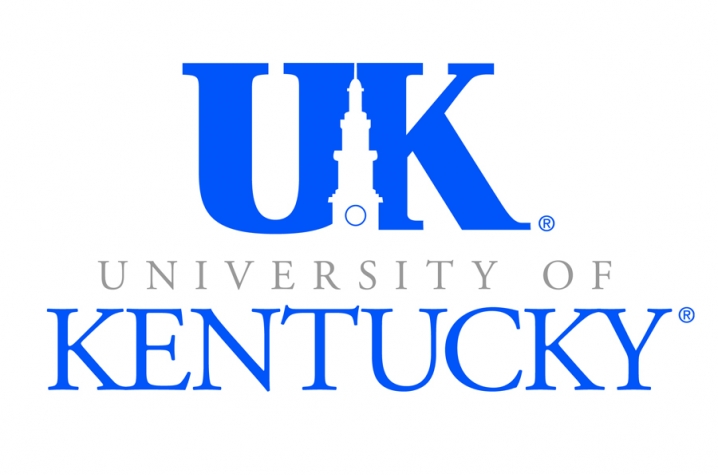UK Announces Third-party Administrator Sought for Body Bequeathal Program

LEXINGTON, Ky. (May 19, 2015) — University of Kentucky President Eli Capilouto today announced that UK's body bequeathal program (BBP) will be overhauled, including a transition to third-party administrator to manage it, following a comprehensive audit he ordered that uncovered shortcomings in overall operations, administrative oversight and record keeping.
The comprehensive audit did not uncover financial impropriety or misuse of donated remains. The body bequeathal program (BBP) supports medical training for students, physicians, dentists, physical therapists, and other health care workers by allowing individuals to donate or will their body for the advancement of medical science and for teaching needs. It has existed at UK since 1960.
"I want to apologize on behalf of the entire UK community for the failings we uncovered in this important program," Capilouto said. "The body bequeathal program has long been important to our teaching mission. It also has been important to so many individuals and their families who made selfless donations, born of compassion and fueled by a sense of service to others. We apologize to them and want them to know that we are moving quickly to fix what was broken and restore their trust in us."
Specifically, a more than three-month examination Capilouto ordered of the program has resulted in the decision by the president and senior administrators to have the program managed by external third-party professionals. However, even before the comprehensive audit was completed, Capilouto ordered significant management and oversight changes for the program that have been enacted as the transition to a third-party administrator continues over the next few months.
In January, Capilouto wrote to dozens of families after The Herald-Leader identified a backlog in burials of cremated remains. Capilouto apologized to families and said an immediate, comprehensive review would be conducted. A copy of the letter can be found here: http://uknow.uky.edu/sites/default/files/bequethal_ltr.pdf. Families and others with questions about the program can call 859-323-6582.
Within weeks of that outreach, management of the program was shifted to the Dean's Office in the UK College of Medicine. Previously, the program was in the anatomy department. In addition, a new oversight committee is being formed to help provide governance structure and support while the transition is made to a third-party administrator.
New program management software has been approved to develop and to ensure appropriate record-keeping and reconciliation of financial records. And UK officials stopped accepting new registrations for donation in late February. Anyone who has previously registered will be received into the program provided the criteria for acceptance at registration is met.
Moreover, during the transition period, officials are working to contact families to appropriately resolve issues with 235 cremated remains that are at UK. The cremated remains will either be interred or returned to the family as per their wishes.
In addition, some 90 donated bodies are currently being utilized in the program. The audit did not find problems associated with the cadavers. Those cadavers will either be cremated as they are at the end of the normal period for study or will continue to be utilized for educational research as they normally would.
"Our core mission is teaching, research, care and service," said UK Provost Tim Tracy, who helped lead the management and financial reviews of the existing body bequeathal program. "Even before a comprehensive audit was completed, we determined that the operational and programmatic failures were such that we needed to move forward with an overhaul of the program as quickly as possible. We believe, to that end, that it is in the best interests of UK and the families involved to work with an outside partner to manage and administer this important program.
Specifically, the audit cited as deficiencies:
· The need for clear, consistent communication to families and ensuring a timely disposition of remains in accordance with donor or family wishes.
· Much of the administrative processes were conducted via inconsistent paper records, rather than utilizing modern software technology and data management.
· Funding for the program — and sources of funding whether through donations or fees — also were difficult to track and reconcile along with an appropriate accounting of when burials took place. The audit, however, found no misappropriation of funds.
· There were unclear practices for donations and fees associated with the program as part of a financial model for funding the initiative that was inadequate.
· An inadequate governance structure was in place that did not ensure sufficient oversight and quality control.
· Questions were raised about whether one employee — the coordinator — had too many responsibilities to appropriately administer the program.
· It was determined that a crematorium, while functional, was not on a routine maintenance schedule, and there were poor records for its usage levels.
"We are a learning institution. That means when problems are found, we acknowledge them and work, collaboratively, to fix them," said Eric Monday, UK's executive vice president for finance and administration. "That's precisely what we have done here. As soon as the university became aware of issues, we conducted a thorough and comprehensive examination, the results of which are being made completely public to the community we serve. As importantly, we are reaching out, apologizing to those impacted and detailing precisely how we will fix this important program so that it can continue the important service it provides to both UK and our state."
MEDIA CONTACT: Jay Blanton, 859-257-6605




